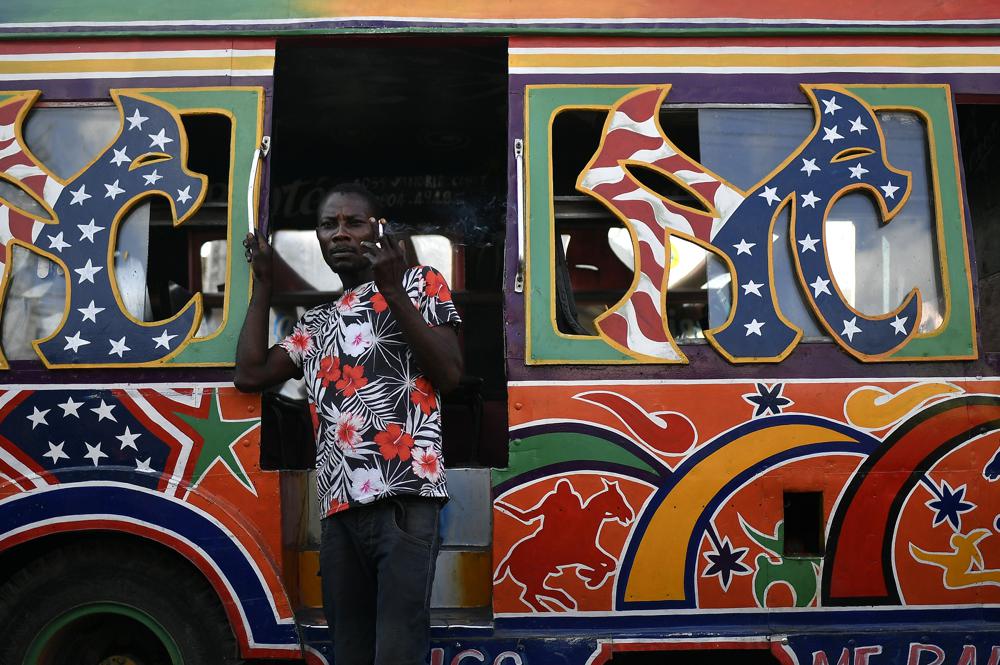

Haiti’s interim government has asked the U.S. and U.N. to deploy troops to protect key infrastructure as it tries to stabilize the country and prepare for elections in the aftermath of President Jovenel Moïse’s assassination.
The stunning request for U.S. military support recalled the tumult following Haiti’s last presidential assassination, in 1915, when an angry mob dragged President Vilbrun Guillaume Sam out of the French Embassy and beat him to death. In response, President Woodrow Wilson sent the Marines into Haiti, justifying the American military occupation — which lasted nearly two decades — as a way to avert anarchy.
Mathias Pierre, Haiti’s elections minister, defended the government’s request for military assistance, saying in an interview Saturday with The Associated Press that the local police force is weak and lacks resources.
“What do we do? Do we let the country fall into chaos? Private properties destroyed? People killed after the assassination of the president? Or, as a government, do we prevent?” he said. ”We’re not asking for the occupation of the country. We’re asking for small troops to assist and help us. … As long as we are weak, I think we will need our neighbors.”
On Saturday, a senior Biden administration official said the U.S. has no plans to provide military assistance at this time. The administration will send senior FBI and Department of Homeland Security officials to Port-au-Prince on Sunday to assess the situation and how the U.S. may be able to assist, said the official, who wasn’t authorized to comment publicly and spoke on condition of anonymity.
Haiti also sent a letter to the United Nations requesting assistance, U.N. deputy spokesman Farhan Haq said Saturday. The letter asked for troops and security at key installations, according to a U.N. source speaking on condition of anonymity because details of the letter are private.
“We definitely need assistance and we’ve asked our international partners for help,” Interim Prime Minister Claude Joseph told the AP in a phone interview late Friday. “We believe our partners can assist the national police in resolving the situation.”
On Friday, a group of lawmakers announced they had recognized Joseph Lambert, the head of Haiti’s dismantled Senate, as provisional president in a direct challenge to the interim government’s authority. They also recognized as prime minister Ariel Henry, whom Moïse had selected to replace Joseph a day before he was killed but who had not yet taken office or formed a government.
One of those lawmakers, Rosemond Pradel, told the AP that Joseph “is neither qualified nor has the legal right” to lead the country.
Joseph, who assumed leadership with the backing of police and the military, said he was “not interested in a power struggle.”